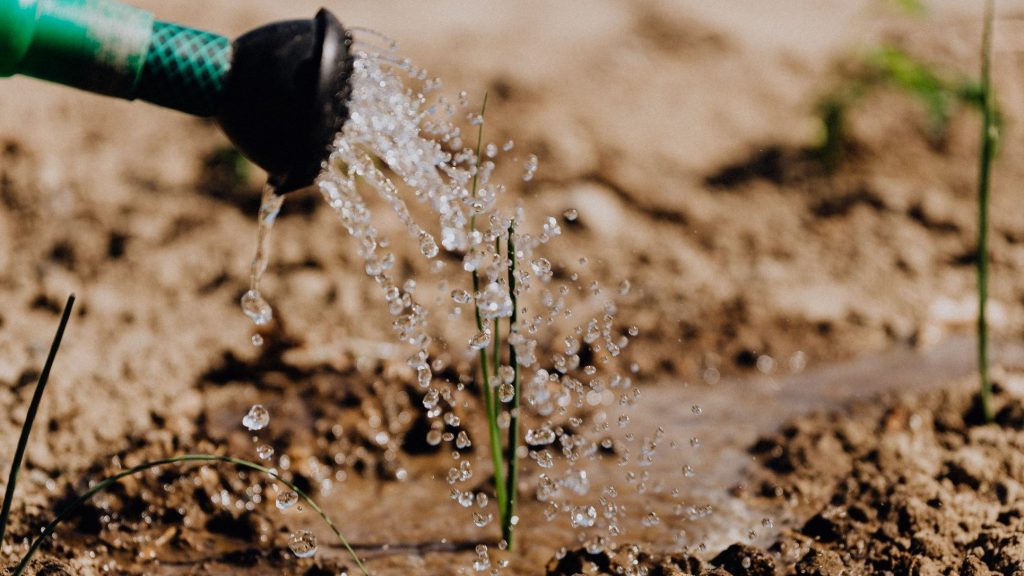While Africa’s food crisis has been building for some time, the conflict in Ukraine has exposed the continent’s dependence on imports. In response, the African Development Bank and partners aim to mobilise $1 billion to boost the production of wheat and other crops in Africa.
Wheat imports account for about 90% of Africa’s $4 billion trade with Russia and nearly half of the $4.5 billion trade with Ukraine
No ad to show here.
The bank’s Technologies for African Agricultural Transformation (TAAT) programme is already helping the continent fulfil its enormous potential in the agriculture sector by employing high-impact technologies to boost output. The goal is to help 40 million farmers increase their harvests of heat-tolerant wheat varieties, rice, soybeans and other crops to feed about 200 million people.
These farmers will rely on agritech and new techniques that increase their resilience to the impacts of climate change. To feed a hungry and rapidly growing continent, farmers need to produce more food, with fewer resources, while confronting erratic weather patterns, floods, droughts, the spread of pathogens and the loss of biodiversity.
The Africa Adaptation Acceleration Programme was launched in 2021 to reverse the continent’s vulnerability to climate change, the Global Center on Adaptation (GCA) and other development partners are already working to bring climate-resilient techniques to small-scale producers who grow most of Africa’s food.
GCA estimates that investing to climate-proof African farms costs less than one-tenth of the damage inflicted by climate disasters, including crop losses, disaster relief, rebuilding roads and getting farmers back on their feet.
Other initiatives like the BOLD Project – run by the Crop Trust and funded by Norway and the European Union – provides financial and technical support for genebanks in Nigeria, Zambia, Kenya, Ethiopia and Ghana to reach international standards of operation, ensuring collections are safe and available over the long term.
Africa needs to harness as many climate-resilient solutions as it can, quickly and at scale, to stave off the threat of a catastrophic food crisis. These investments in climate adaptation for agriculture is the smartest, most cost-efficient way to guarantee the continent’s food security.
Read more: Microsoft SA invests in AgriTech to help smallholder farmers digitise
Featured image by Karolina Grabowska/PEXELS
